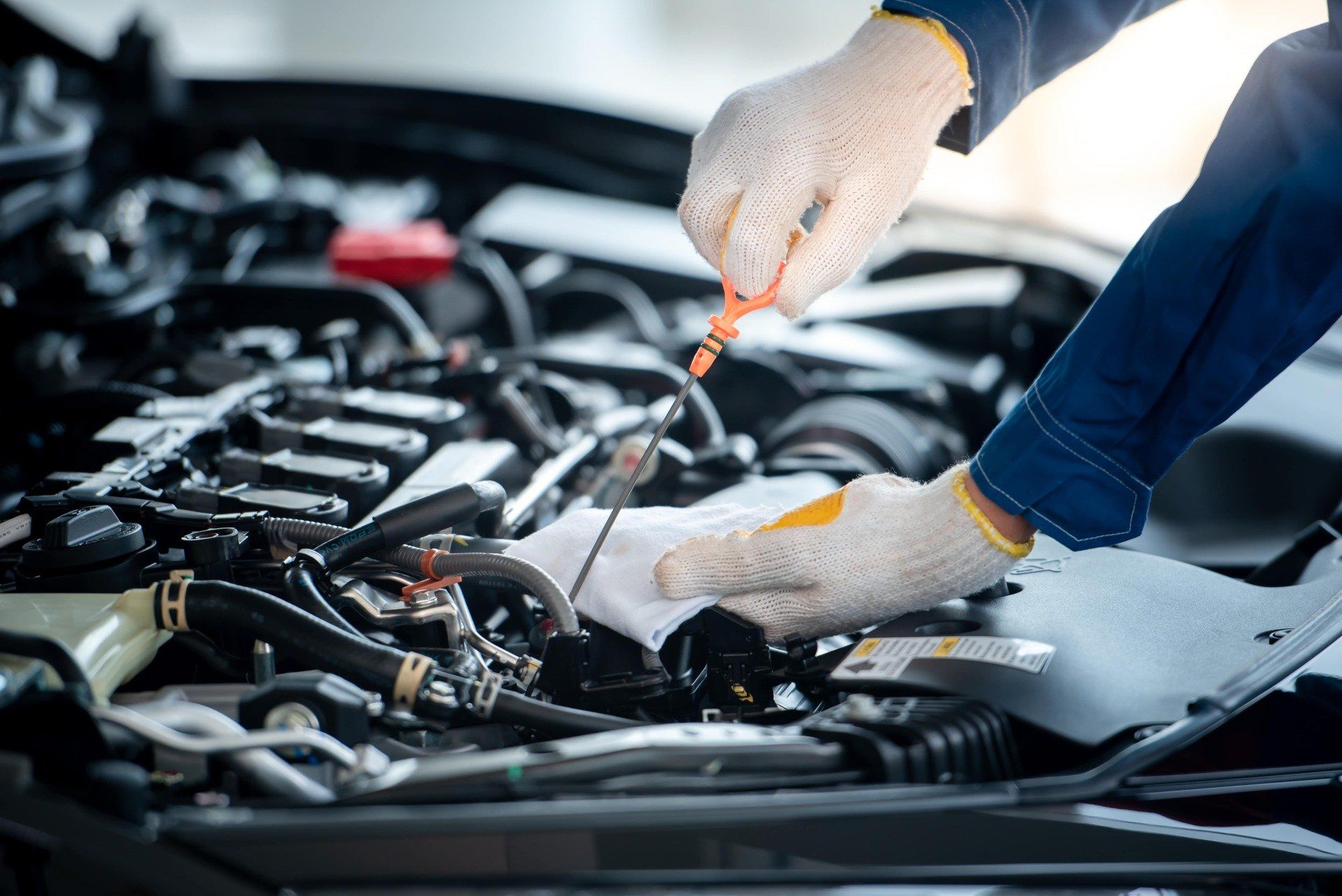All Categories
Featured
Your vehicle's brakes are one of one of the most critical parts in guaranteeing your security and the safety and security of others when driving. Normal brake examinations are vital to preserving optimal stopping performance and avoiding expensive fixings. Whether you're a seasoned cars and truck owner or a new motorist, recognizing brake evaluation guidelines can aid you remain aggressive concerning upkeep and ensure your automobile is always roadworthy.
- Why Brake Inspections Matter. Brakes undergo continuous damage. The more you drive, the extra friction your brake pads sustain, ultimately leading to minimized braking effectiveness. Without appropriate inspection, it's hard to evaluate when your brakes might be in demand of repair. Regular brake checks assist recognize problems at an early stage, stopping potential failings that could place you in jeopardy.
A well-maintained brake system ensures fast, responsive stopping power, specifically in emergency situations. It also aids expand the life of your vehicle, as disregarding brake maintenance can bring about more serious, pricey issues later on.
- Indications You Need a Brake Assessment. While it's vital to have your brakes checked regularly, specific indicators may indicate that they require focus. Watch (and ear) out for these warning signals:
Squealing or Grinding Sounds: Unusual noises, especially a piercing screech or grinding sound, typically indicate that your brake pads are put on down. Resonance or Pulsation: If you feel vibrations or a pulsing feeling when pushing the brake pedal, maybe an indicator of warped blades or unequal brake pad wear. Decreased Brake Responsiveness: If your brakes feel much less responsive or you have to push the pedal harder to reduce, it may indicate air in the brake lines or low brake fluid. Pulling to One Side: If your lorry pulls away when braking, it might indicate irregular brake pad wear or a brake fluid leak. Dashboard Caution Lights: Some vehicles have brake-related warning lights that indicate issues like low brake fluid or used brake parts. If you notice any one of these signs and symptoms, it's essential to have a specialist mechanic execute a brake assessment asap.

- What Takes place During a Brake Assessment? Throughout a brake assessment, an auto mechanic will examine a number of crucial elements of the stopping system to make certain everything remains in functioning order. Below's what you can anticipate throughout the procedure:
Brake Pads and Shoes: The mechanic will evaluate the thickness of the brake pads or shoes. If they're too thin, they'll need to be replaced. Brake Rotors: Blades are the discs that the brake pads press versus to reduce your automobile down. They'll be looked for any type of signs of wear, scoring, or warping. Brake Liquid: Low or contaminated brake liquid can hinder braking performance. The technician will examine the liquid degree and high quality and top it up or purge it if needed. Brake Lines and Tubes: Brake lines lug liquid from the master cylinder to the brakes. The technician will look for any type of leaks, splits, or damage to make sure correct fluid flow. Brake Calipers and Wheel Cyndrical Tubes: Calipers and wheel cyndrical tubes press the brake pads against the rotors or drums. The specialist will certainly look for wear, leakages, and proper procedure. 4. How Usually Should You Have Your Brakes Evaluated? The regularity of brake inspections depends upon aspects like your driving behaviors, the kind of automobile you drive, and the setting in which you drive. As a basic policy, it's a great idea to have your brakes checked every 12,000 miles or annually. If you experience any of the caution indications stated previously, it's vital to obtain your brakes checked immediately.
For those who frequently drive in heavy traffic, mountainous terrain, or extreme climate condition, even more frequent inspections might be needed.
- Importance of Timely Brake Fixes. When you identify a problem with your brakes, it's vital to resolve it today. Delaying brake repairs can cause more significant damage to your braking system, resulting in greater repair service prices. In severe cases, overlooking brake problems can lead to complete brake failure, which is a severe safety threat.
By staying on top of brake upkeep and dealing with issues promptly, you make sure that your brakes remain to execute as planned, keeping you and your passengers risk-free when traveling.
Verdict: Maintain Your Brakes in Top Forming. Brake examinations are an easy yet essential part of automobile maintenance. By comprehending the relevance of normal inspections, understanding the indications of brake issues, and staying aggressive with fixings, you can ensure your lorry's braking system stays in optimal problem. Normal brake checks offer peace of mind, recognizing that your car is prepared to respond when you need it most. Prioritize brake upkeep-- your safety depends on it.
Latest Posts
Find Budget-Friendly Auto Repairs with Montclare’s Limited-Time Service Specials
Find Montclare Auto Repair’s Most Popular Car Care Solutions and Why Drivers Choose Them
Check Out Exceptional Vehicle Maintenance Services in Chicago – Quality Service Today
More
Latest Posts
Find Budget-Friendly Auto Repairs with Montclare’s Limited-Time Service Specials
Find Montclare Auto Repair’s Most Popular Car Care Solutions and Why Drivers Choose Them
Check Out Exceptional Vehicle Maintenance Services in Chicago – Quality Service Today
